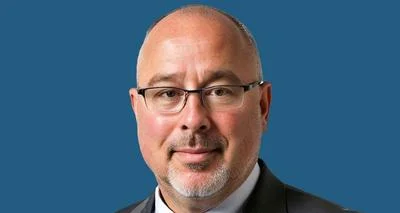Illinois state Rep. Brad Halbrook (R-Shelbyville)
Illinois state Rep. Brad Halbrook (R-Shelbyville)
Cash-strapped Illinois taxpayers could soon be hit by yet another deluge of levies that supporters of the plan insist are imperative to keeping the state safe and above water.
With the Illinois Environmental Protection Agency (IEPA) reported to be badly understaffed to the point of posing a health risk, a new University of Chicago analysis recommends fees on the use of plastic shopping bags, plastic water bottles and storm water as a way of filling the gap. According to the Illinois Policy Institute, the IEPA’s workforce has been cut in half since 2003, a 15-year period that has also seen federal funding drop and regulatory responsibilities rise for workers.
Illinois state Rep. Brad Halbrook (R-Shelbyville) has heard it all before, and for the veteran lawmaker it always comes back to the question of when does the burden simply become too much for state residents to bear.

“Tax it, tax it, tax it,” Halbrook recently posted on Facebook. “This new report is at least honest about why there is a need for all the new tax hikes.”
But none of it strikes Halbrook as being enough of a reason to place even more burden on the backs of already overburdened taxpayers. Among the suggestions put forth in the report are a “rain tax” that would allow municipalities to be able to charge residents to offset the cost of maintaining and owning sewers, and a statewide tax on plastic bags that would make Illinois the only state in the country to impose such a levy.
The City of Chicago already has a seven-cent tax on plastic bags.
Meanwhile, Halbrook has long been opposed to the idea of any new taxes, and has made it a point of being a vocal critic of the progressive tax plan now being pushed by Gov. J.B. Pritzker that would require a change in the state constitution.
"I think we need to be looking at some serious cuts and some serious reforms,” Halbrook recently told WQAD. “To change the constitution for a graduated tax, these folks are going to want to just continue to raise rates as we go down the road without having some serious reforms and cuts.”




 Alerts Sign-up
Alerts Sign-up